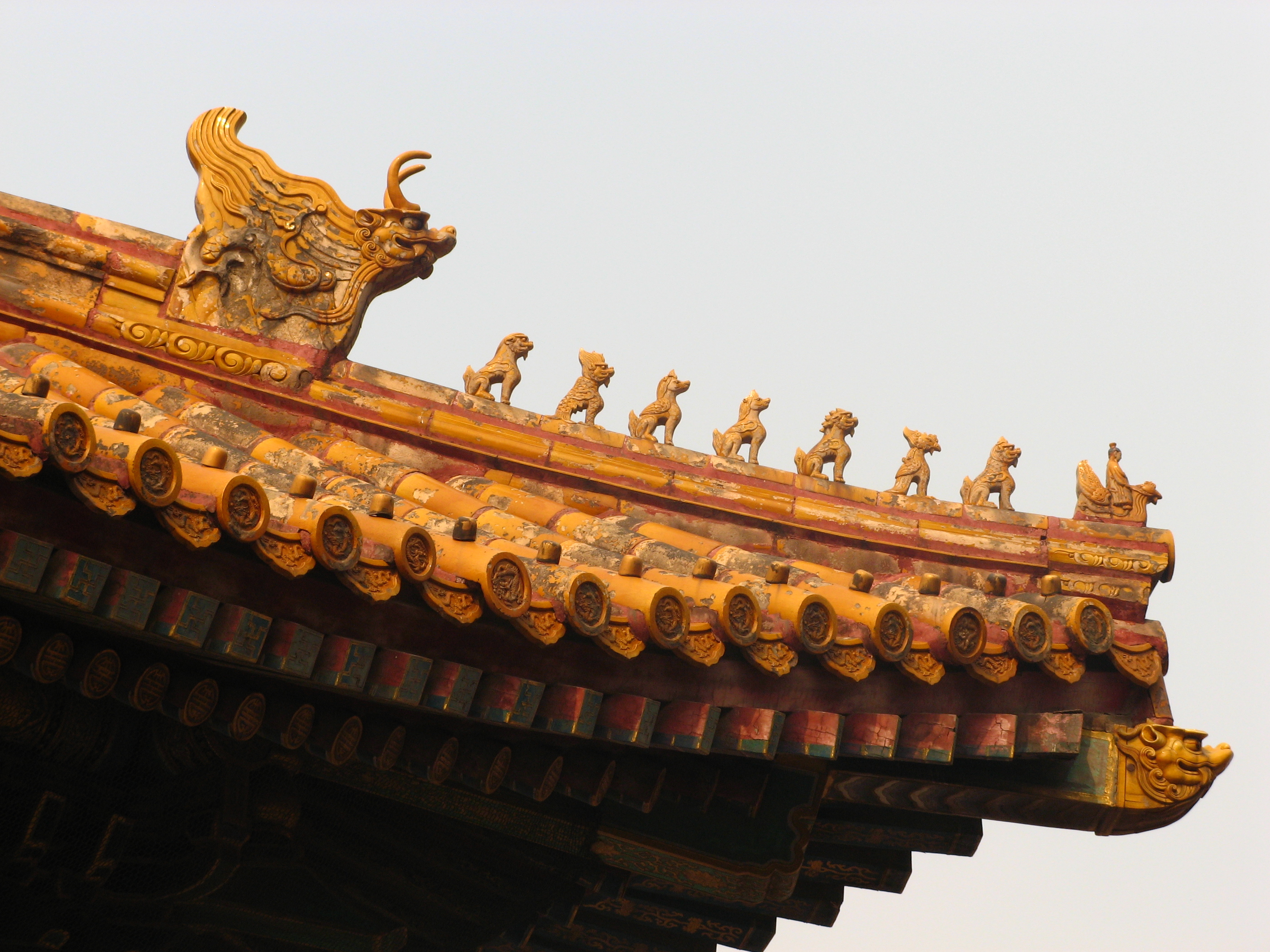China Regional Focus: Urumqi, Xinjiang
By Lisa Quach
Posted: 25th November 2013 10:23
Located on the eastern frontier of Central Asia, Urumqi is the capital of China’s Xinjiang Uyghur Autonomous Region. Urumqi, which means “beautiful pasture” in Mongolian, is also the most remote city from any sea in the world. Despite this fact, the city thrived as a trading hub along the Silk Road during the Tang and Ming dynasties. Today, with its large coal reserves, strong transportation networks, and a burgeoning consumer class, the city has grown to become the center of industry, retail and commerce in Western China, as well as the regional trade hub for Central Asia.Economic Overview
In 2012, Urumqi’s GDP reached RMB200.4 billion, showing an 18.5 percent increase since last year. Primary industry contributed RMB2.5 billion and secondary industry contributed RMB82.9 billion. Urumqi’s tertiary industry sector showed the highest growth, contributing a robust RMB115 billion to the city’s overall GDP, up from RMB90.8 billion last year.
Urumqi has gained a lot from China’s “Go West” policy which promotes growth and investment away from the country’s wealthier coastal regions. Strategically, Urumqi is also important to the nation’s growth because it sits on one of China’s largest coal fields, with estimated reserves of 10 billion tons.
The city hosts the annual China-Eurasia Expo, which increases economic activity and strategic ties in the region. At the third annual expo this September, total domestic deals signed were worth RMB738.7 billion. Over RMB3.73 billion in foreign trade deals were sealed as well.
From 2006-2011, GDP per capita has increased from RMB33,900 to RMB52,900, and the rapid growth of disposable household income is driving demand for consumer goods. In 2012, total retail sales of consumer goods were valued at RMB83 billion. The booming retail industry is a result of a shifting demand from basic necessities and general merchandise to more trendy, medium or higher grade products. Besides local residents, Urumqi’s prime transportation networks make the city the ideal shopping destination for all of Xinjiang Province.
Transportation
Out of necessity due to its remote location, Urumqi has built up strong infrastructure and transportation networks. It serves as the transportation hub of Xinjiang Province, which shares borders with eight different countries.
- Rail: Urumqi Railway Station provides trains to Kashgar in the south, Kazakhstan and Europe to the west, and Beijing to the east. The Beijing and Lanxin Lines form part of the Trans-Eurasian Continental Railway, which goes from Rotterdam through the Alataw Pass (located on the Kazakhstan border) to Urumqi, and on to Lanzhou and Lianyungang. Construction of a high-speed rail line connecting Urumqi with Xining and Lanzhou is expected to be complete by next year.
- Air: Urumqi Diwopu Airport offers international flights to Hong Kong, Macau, South Korea and the former Soviet Republics, as well as domestic flights throughout China. Diwopu Airport also thrives as a hub for China Southern Airlines.
- Road: Urumqi is connected via three main national highways. No. 216 runs through Xinjiang Province; No. 312 connects to Shanghai, and No. 314 runs to the Pakistani border.
Urumqi is divided into seven districts. Tianshan, Shayibake, Xinshi, and Shuimogou make up the urban sections of Urumqi while Toutunhe, Dabancheng and Midong are the suburban districts of Urumqi.
Development Zones
A priority target of Beijing’s “Go West” policy, Urumqi has benefited from two development zones that have helped shape its competitive edge in industry and trade.
l Urumqi Economic and Technological Development Zone (Urumqi ETDZ) enjoys a prime location located within 10 kilometers of Urumqi’s downtown area, railway station, highways and airport. In 2003, the zone’s activities increased with the addition of an export processing zone. Major industries are machinery, power transmission equipment, new energy, biopharmaceuticals, food and beverages, chemicals, and plastics.
l Urumqi High-tech Industrial Development Zone (Urumqi HIDZ) was established in 1992. In 2011, the zone was merged with Xinshi District for a combined land area of 263 kilometers. Major industries include information technology, biopharmaceuticals, new materials, new energy, petrochemicals, unique resources processing, and machinery.
Investment Opportunities
Urumqi’s geographic location offers it unique benefits as a place for investment. Accessible transport networks have guided its transformation into Western China’s premier commercial and business center. With one of China’s largest coal fields, Urumqi is also an industrial hotspot. Last year, Urumqi’s total value of import and export was RMB10.39 billion. To encourage growth, the Chinese government has laid out numerous preferential investment policies.
Xinjiang Province on the whole is becoming more accessible to foreign investors as the local government gains more decision-making power. This has had positive benefits for Urumqi. Traditionally, foreign investment into the region has been focused on food processing, mining, wholesale and retail, accommodation and services. Urumqi will continue to thrive in these industries, in addition to emerging growth in high value-added industries including energy and logistics.
The National Development and Reform Commission (NDRC) and the Ministry of Commerce have listed the following priority industries for foreign investment in Xinjiang:
- Construction of high-quality wine grape bases and production of grape wine
- Cultivation and deep processing of special agricultural products
- Comprehensive utilization of associated oil and gas resources
- Recovery and utilization of vented natural gas
- Cultivation and processing of medicinal plants with local characteristics and development of new medicines
This article was first published on China Briefing.
Dezan Shira & Associates is a specialist foreign direct investment practice, providing corporate establishment, business advisory, tax advisory and compliance, accounting, payroll, due diligence and financial review services to multinationals investing in emerging Asia. Since its establishment in 1992, the firm has grown into one of Asia’s most versatile full-service consultancies with operational offices across China, Hong Kong, India, Singapore and Vietnam as well as liaison offices in Italy and the United States.
For further details or to contact the firm, please email info@dezshira.com or visit www.dezshira.com.




Comments